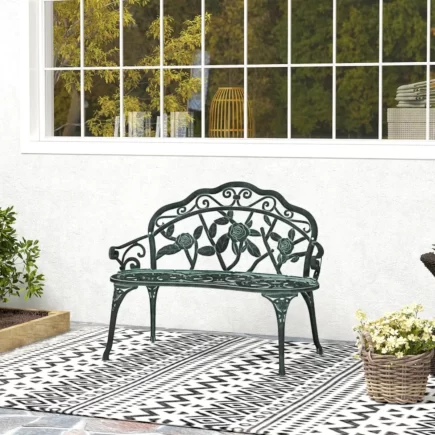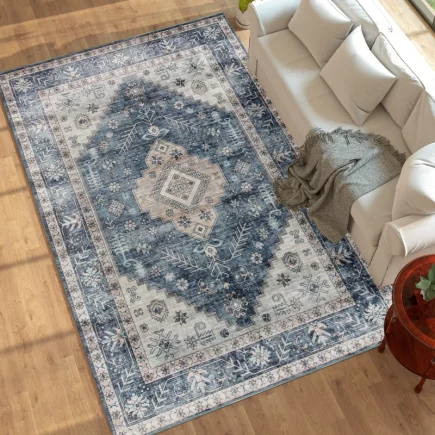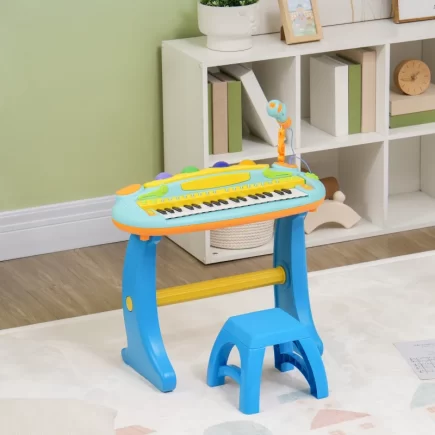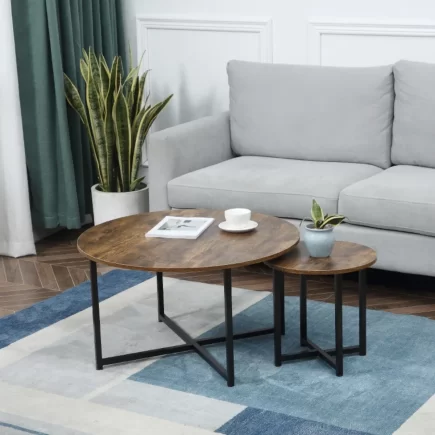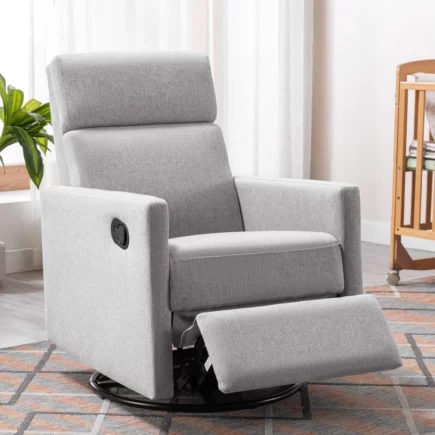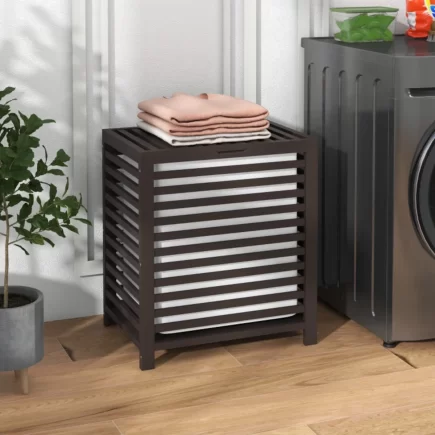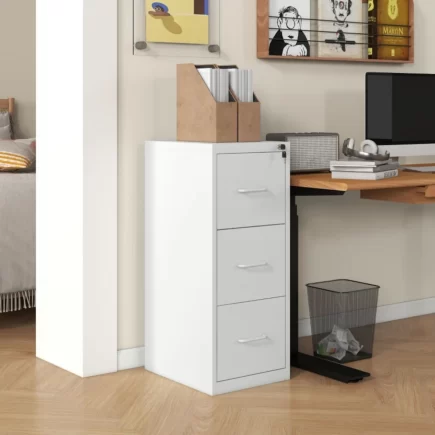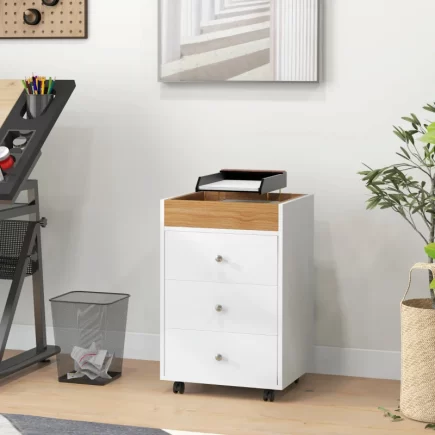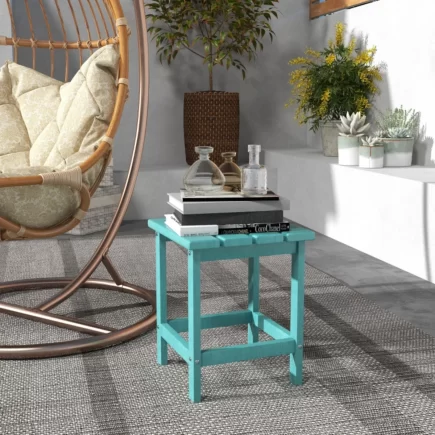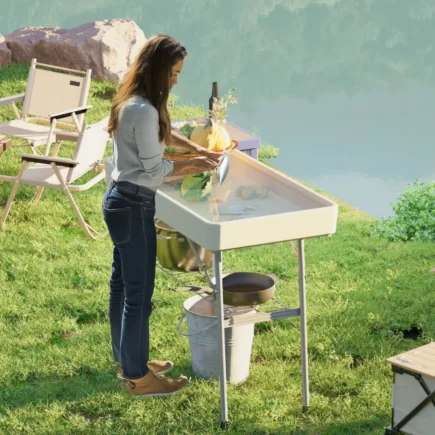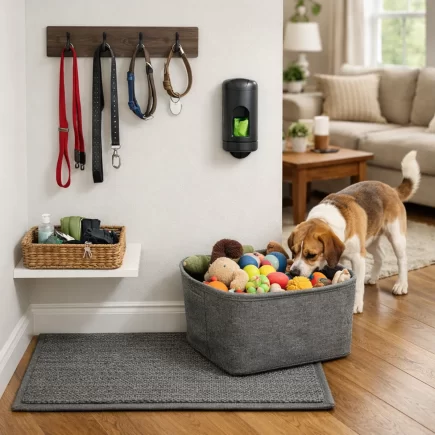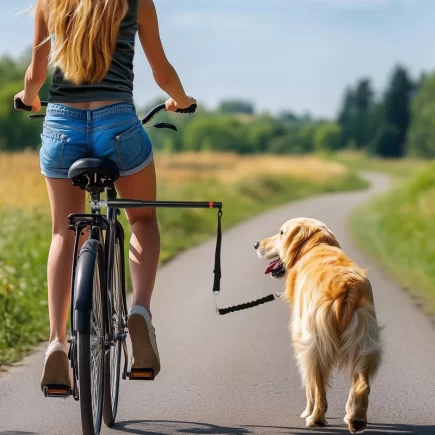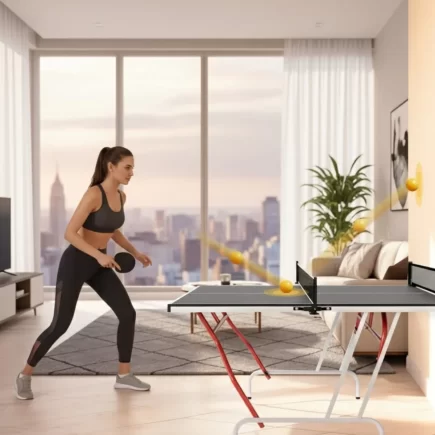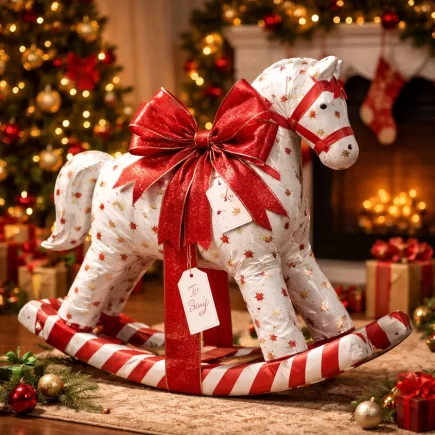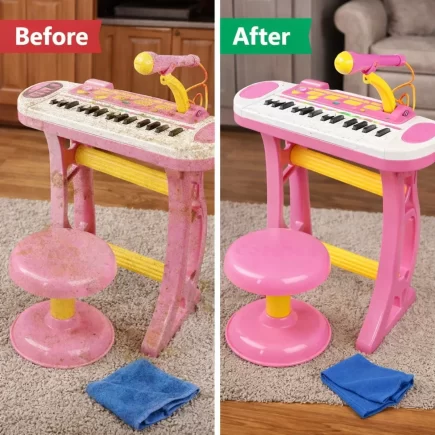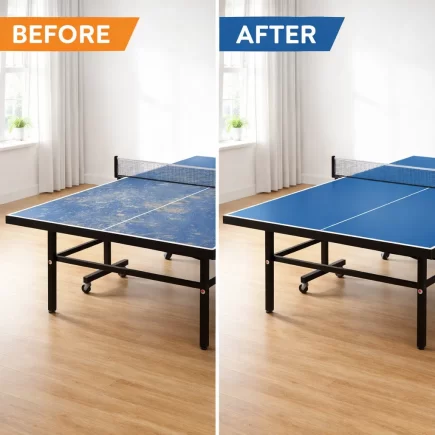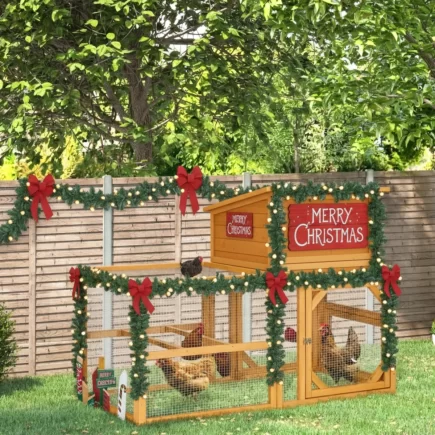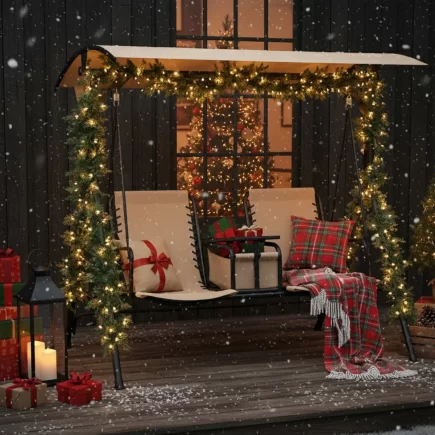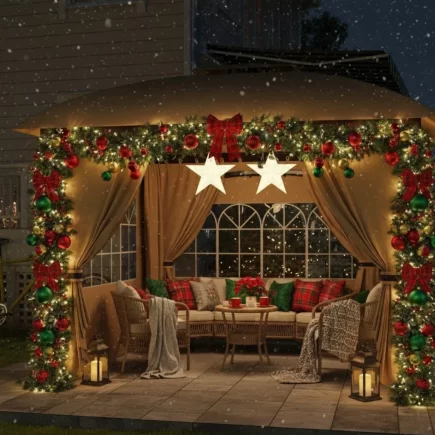
If you’ve been dreaming of a lush, green lawn without the endless mowing, watering, and weeding, artificial grass might be the perfect solution. Whether you want your yard to stay vibrant year-round or need a low-maintenance option for pet zones, sports areas, or playgrounds, artificial grass is a practical and attractive choice. But with so many options on the market, how do you know which type is right for you.
What to Consider Before Choosing Artificial Grass
Before diving into product specs, think about where and how the turf will be used.
Location and Use

- Backyard or Lawn: Prioritize realism and durability.
- Pet Area: Choose turf with fast drainage and antimicrobial protection.
- Playground: Soft surface, safe for kids with added cushion.
- Sports Field: Low pile height and high durability.
- Balcony or Rooftop: Lightweight with built-in UV protection.
Climate
- Hot and Sunny: UV-resistant fibers are essential.
- Rainy or Humid: Go with a fully permeable backing for drainage.
- Cold/Snowy: Opt for turf that resists freezing and holds shape.
Foot Traffic
- Light: Aesthetic options with softer blades.
- Heavy: Denser, resilient turf with shorter pile.
1. Choosing the Right Grass Material

Your turf’s material affects everything from how it feels to how long it lasts.
| Material | Best For | Pros | Cons |
| Polyethylene | Lawns, landscapes, kids, pets | Soft, realistic look, UV-resistant | Slightly less durable than nylon |
| Nylon | Sports, heavy-use areas | Extremely durable, holds shape under heat | Less natural-looking, more expensive |
| Polypropylene | Putting greens, decorative use | Inexpensive, good for light use | Least durable, fades in sunlight |
Expert Tip: For most homes, a polyethylene-nylon blend offers the best balance of comfort and performance.
Durability and Longevity
The durability of artificial grass is one of the most critical factors for homeowners. After all, you want your investment to last for many years. Typically, high-quality artificial grass lasts between 15 to 25 years.
2. Understanding Height, Density, and Weight

These three factors affect turf softness, durability, and appearance.
| Areas | Recommended Pile Height | Density (blades/sq in) | Face Weight (oz/sq yd) |
| Pet Areas | 0.75–1.25 in | High | 50–70 |
| Lawns & Landscaping | 1.5–2.5 in | Medium to High | 60–80 |
| Playgrounds | 1.25–1.75 in | High | 65–90 |
| Sports Fields | 0.5–1.25 in | Very High | 70+ |
Higher density and face weight = more realistic and longer-lasting turf.
3. Natural-Look Grass: Color and Texture

Real grass isn’t one uniform shade, and neither should your turf be.
Look For:
- Multi-tone blades (light and dark green with beige or brown thatch)
- Soft, curved blades that mimic the natural grass shape
- Subtle sheen (avoid glossy plastic-like finishes)
Avoid:
Single-tone, neon green turf that looks unnatural
4. Drainage Capabilities & Backing Options

Drainage is a big deal, especially if you have pets or live in a rainy state. So, before choosing the turf, make sure to choose the type of drainage system that best suits the climate.
| Backing Type | Best For | Features |
| Hole-Punched | Dry climates, low use | Punched holes for basic water flow |
| Full Permeable | Pets, wet climates | Full surface drains quickly & evenly |
5. Eco-Friendly Turf Options

Artificial grass is already eco-friendly compared to traditional lawns, but you can go further.
Choose Turf That Offers
- Recyclable materials (polyethylene is more recyclable than nylon)
- Cooling infill (like silica sand or Zeofill)
- UV stabilizers to extend turf life and reduce fading
Environmental Benefits
- No mowing, fertilizers, or pesticides
- Significant water savings (especially in drought-prone states like California and Arizona)
6. Turf Budgeting: Choosing Within Your Price Range
When selecting artificial grass, consider the value each feature brings, rather than focusing only on cost per square foot. On average, artificial grass prices range between $5 – $20 per square foot:
- Material Costs: $2–$8 per square foot.
- Installation Fees (if hiring professionals): $5–$12 per square foot.
What Impacts Turf Pricing
- Material Type: Nylon costs more but lasts longer. Polypropylene is cheaper but less durable.
- Blade Density & Height: Higher density often comes at a premium, but provides better appearance and feel.
- UV Protection & Backing: Turf with enhanced UV resistance or permeable backing typically costs more.
Cost-Saving Comparison
| Cost Factor | Natural Grass | Artificial Grass |
| Annual Watering Costs | $200–$500/year | No water required |
| Lawn Maintenance Costs | $1000–$1500/year | Minimal upkeep |
| Expected Longevity | Replace every 5–10 years | Lasts up to 25 years |
Smart Buying Tip
Instead of buying the most expensive turf, choose the product that best meets your needs in durability, drainage, appearance, and comfort. Use sample swatches, product specifications, and a checklist to compare features. This approach helps you stay within budget without sacrificing quality.
Balancing Affordability with Quality
- Avoid cheaply made products that compromise durability or aesthetics.
- Consider mid-range options that offer a balance of price and performance.
Pro Tip: Think of artificial grass as a long-term investment that eliminates ongoing lawn care expenses.
Warranty & Brand Reputation

Not all turf brands are equal. Choose turf backed by good reviews and a strong warranty.
Look For:
- Verified companies and resellers
- Warranty terms covering fading, wear, and installation (if applicable)
- Reviews from real homeowners (Google, Trustpilot, site reviews)
Aosom offers products like Artificial Turf that can enhance the aesthetic of your outdoor space.
Invest Smart, Live Green
Choosing the right artificial grass doesn’t have to be complicated. By focusing on your needs and understanding material quality, drainage, and safety features, you’ll be able to invest in a product that looks great and performs beautifully for years.
FAQs
1. Is artificial grass safe for kids and pets?
Yes, artificial grass is generally safe for kids and pets when made from non-toxic, lead-free materials. It doesn’t require harmful chemicals, offers a cushioned surface, and reduces allergens. However, choose high-quality turf, ensure proper drainage, and monitor for heat or chewing behavior in pets.
2. How well does artificial grass drain?
Artificial grass drains efficiently through a porous backing and a compacted sub-base, often outperforming natural grass. Proper installation ensures water flows through quickly, preventing puddles, odors, and mold. Drainage quality depends on the base material, slope, and soil conditions beneath the turf.
3. How hot does artificial grass get in direct sunlight?
Artificial grass can reach temperatures between 120°F and 180°F in direct sunlight, making it hotter than natural grass or concrete. Using shade, watering, light-colored infill, or heat-resistant turf can help reduce surface temperatures and improve comfort and safety.
4. Can I install artificial grass over various surfaces?
Yes, artificial grass can be installed over soil, concrete, wood, or decking with proper preparation. A stable base, weed barrier, and adequate drainage are essential for durability. Avoid placing it directly over natural grass without removing it and leveling the surface first.


